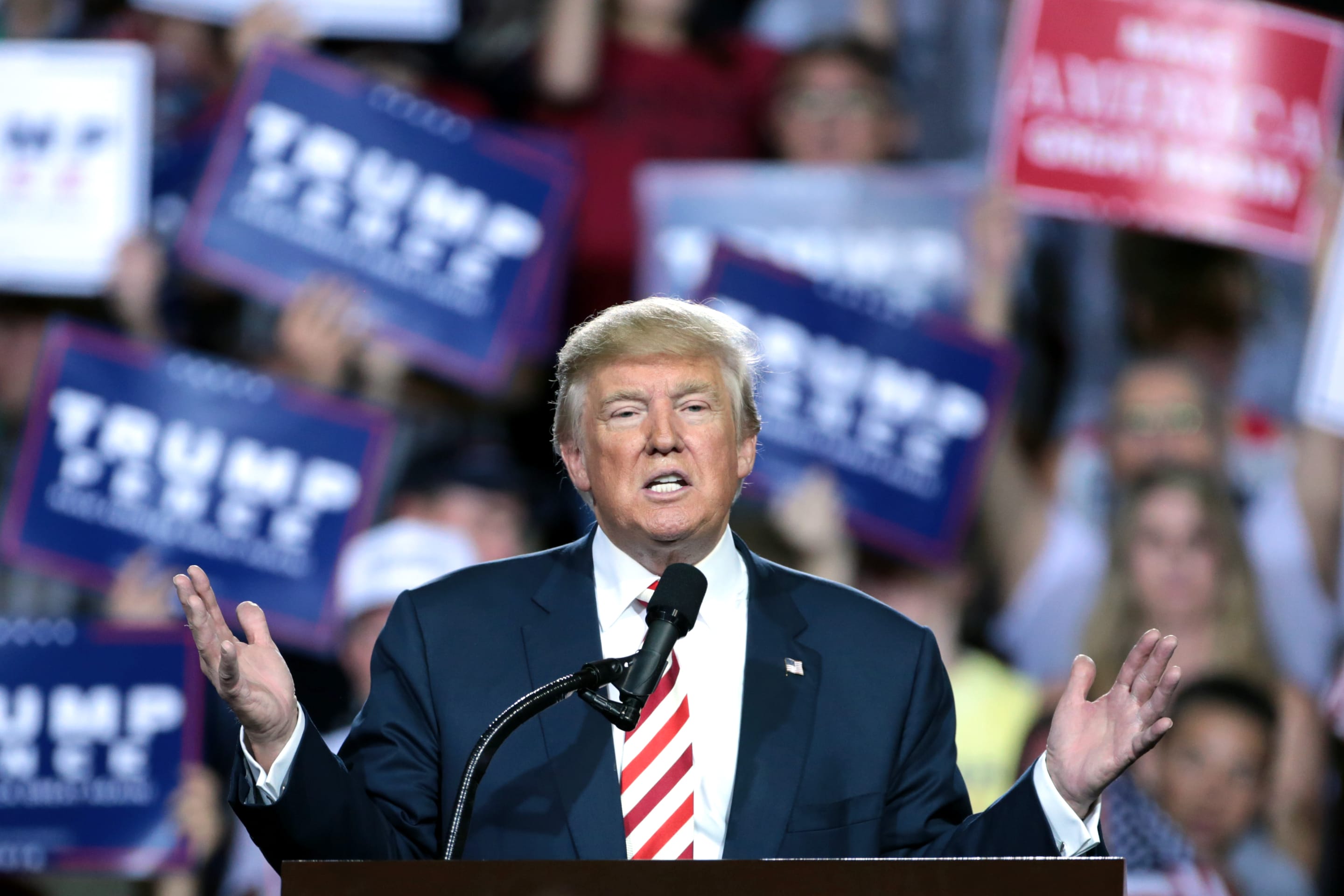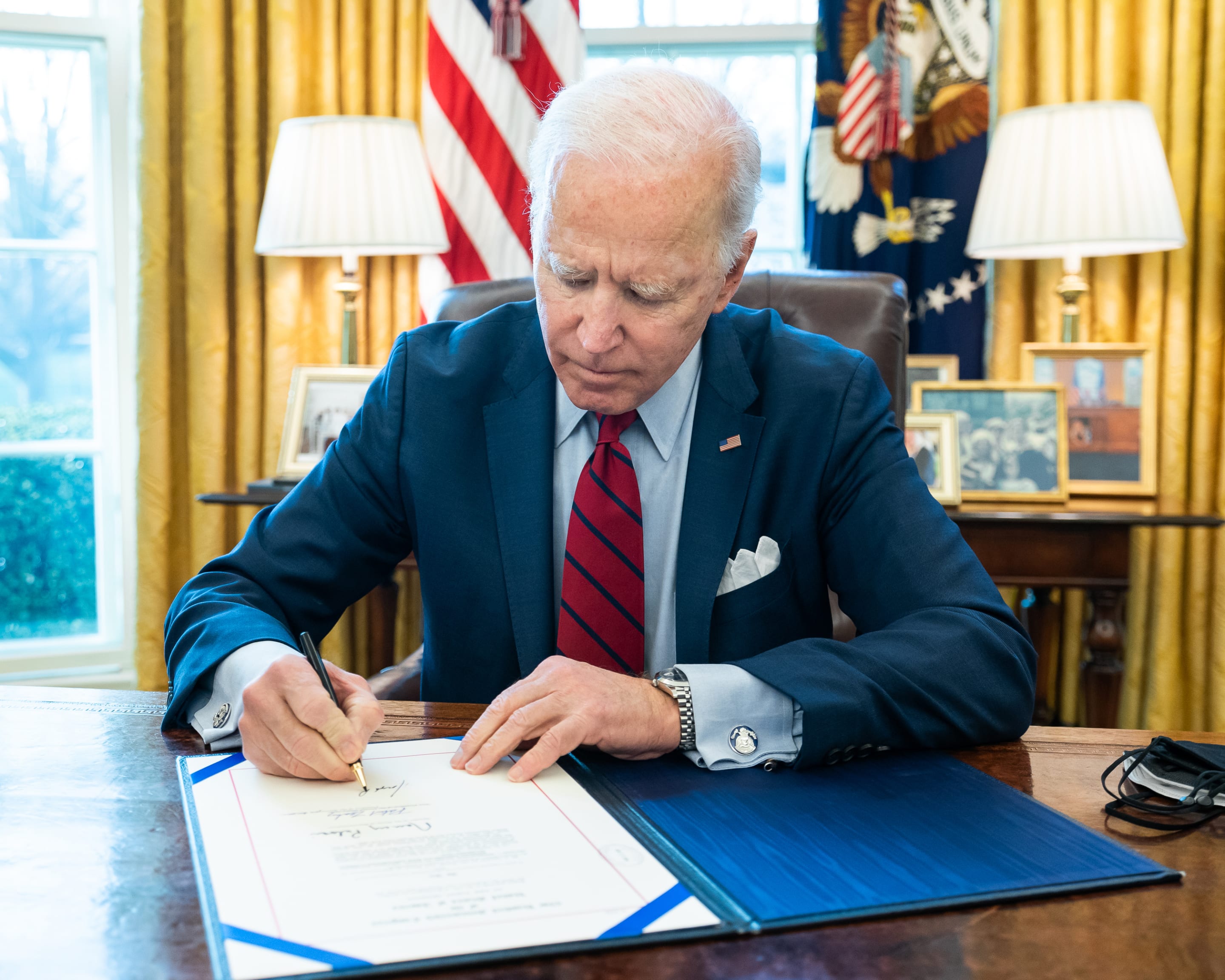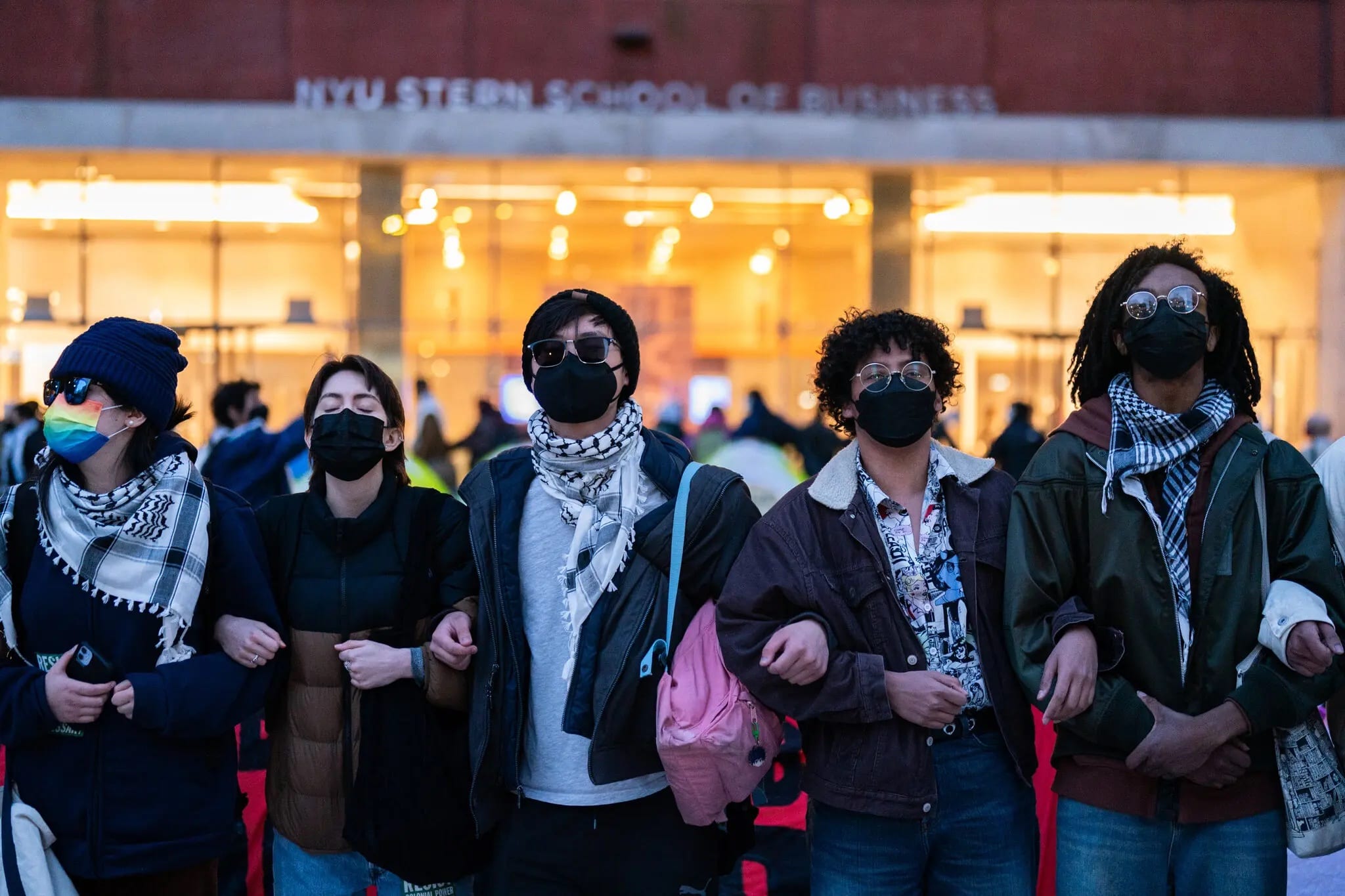
Should the Government Fund Restoration Projects in the Great Lakes? (H.R. 223)
Do you support or oppose this bill?
What is H.R. 223?
(Updated July 13, 2017)
- Toxic substances in parts of the Great Lakes;
- Protecting and restoring nearshore health while combatting pollution;
- Wetland restoration;
- Maintaining accountability and communication between parters in the Initiative.
Argument in favor
This bill would fund the Great Lakes Restoration Initiative and would make existing efforts more efficient. Future generations deserve to enjoy the wonders of the Great Lakes, and communities living there now deserve to reap the full benefits from the tourism that the Lakes bring to surrounding areas.
Argument opposed
Policy makers supporting this bill are just in it for the potential economic gains their districts will see if the Great Lakes are restored — not from a genuine desire to see environmental improvements. These programs should be managed at the State level, where people are more knowledgeable about what the Lakes need.
Impact
People who live in communities near the Great Lakes, or who live on resources from the Great Lakes, members of Congress who represent those states, the Great Lakes Restoration Initiative, people who run their various restoration programs, federal agencies that oversee the Great Lakes, and the Environmental Protection Agency.
Cost of H.R. 223
A CBO cost estimate is unavailable. However, H.R. 5764 would authorize a budget of $300,000,000 to carry out the project every year from 2015 to 2019.
Additional Info
Of Note:
"The Great Lakes are the world's largest system of fresh surface water, providing drinking water for nearly 40 million people. The Lakes are also an economic driver, supporting 1.5 million jobs and generating $62 billion in wages annually. The Great Lakes fishery alone is valued at $7 billion a year. The Lakes also support commerce, agriculture, transportation, and tourism. For all these reasons, we believe Great Lakes restoration must remain a priority."
“While funding for the Great Lakes Restoration Initiative is most welcome, we are disappointed in cuts to core programs that will severely inhibit the ability of cities to invest in infrastructure desperately needed to curtail sewer overflows throughout the region. Further, rolling back essential Clean Water Act protections undermines restoration efforts and undercuts a rulemaking process currently underway.”
The Latest
-
 SCOTUS Hears Trump Immunity Case, Appearing SkepticalUpdated Apr. 26, 2024, 11:00 a.m. EST The Supreme Court heard oral arguments today over whether Trump is immune from prosecution read more... States
SCOTUS Hears Trump Immunity Case, Appearing SkepticalUpdated Apr. 26, 2024, 11:00 a.m. EST The Supreme Court heard oral arguments today over whether Trump is immune from prosecution read more... States -
 IT: 🖋️ Biden signs a bill approving military aid and creating hurdles TikTok, and... Should the U.S. call for a ceasefire?Welcome to Thursday, April 25th, readers near and far... Biden signed a bill that approved aid for Ukraine, Israel, and Taiwan, read more...
IT: 🖋️ Biden signs a bill approving military aid and creating hurdles TikTok, and... Should the U.S. call for a ceasefire?Welcome to Thursday, April 25th, readers near and far... Biden signed a bill that approved aid for Ukraine, Israel, and Taiwan, read more... -
 Biden Signs Ukraine, Israel, Taiwan Aid, and TikTok BillWhat’s the story? President Joe Biden signed a bill that approved aid for Ukraine, Israel, and Taiwan, which could lead to a ban read more... Taiwan
Biden Signs Ukraine, Israel, Taiwan Aid, and TikTok BillWhat’s the story? President Joe Biden signed a bill that approved aid for Ukraine, Israel, and Taiwan, which could lead to a ban read more... Taiwan -
 Protests Grow Nationwide as Students Demand Divestment From IsraelUpdated Apr. 23, 2024, 11:00 a.m. EST Protests are growing on college campuses across the country, inspired by the read more... Advocacy
Protests Grow Nationwide as Students Demand Divestment From IsraelUpdated Apr. 23, 2024, 11:00 a.m. EST Protests are growing on college campuses across the country, inspired by the read more... Advocacy
 Climate & Consumption
Climate & Consumption
 Health & Hunger
Health & Hunger
 Politics & Policy
Politics & Policy
 Safety & Security
Safety & Security
